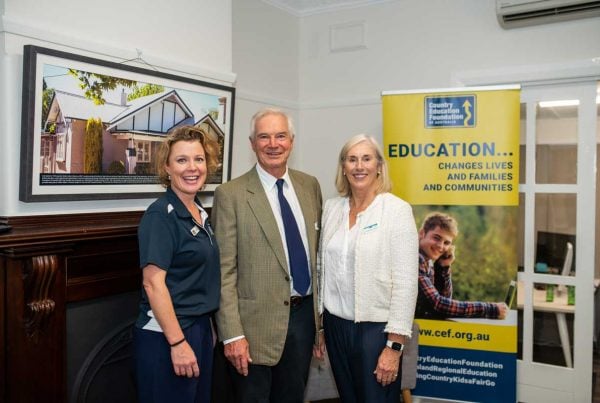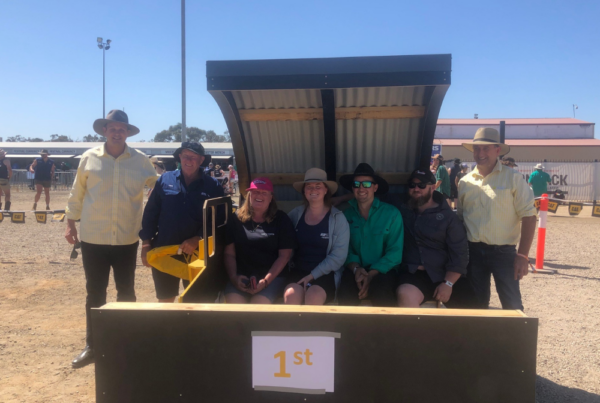

Currently the gap stands at 7%, and while that might not sound like much, it represents tens of thousands of country kids who, through no fault of their own, miss out on accessing education and training.
This gap is caused by financial challenges, distance and isolation and loss of support networks – these have an enormous influence on the ability of country kids to participate in tertiary education and training.
We are working to even the playing field on both local and national levels, and do this in a number of ways.
In 2017 CEF was excited to welcome the announcement of the Independent Review into Regional, Rural and Remote Education (IRRRRE).
This review is an essential step toward overcoming the challenges facing young people in rural, regional and remote Australia when considering participation in higher education and vocational training.
CEF was pleased with the findings of the IRRRRE review that was released in April 2018, and the subsequent federal government’s response in May 2018.
The government’s response accepted all 11 recommendations from the landmark review.
The review was commissioned by then Federal Minister for Education, Simon Birmingham and the discussion paper was prepared by Emeritus Professor John Halsey.
• Curriculum and assessment
• Teachers and teaching
• Leaders and leadership
• Information and communication technology
• Entrepreneurship and schools
• School and community
• Improving access
• Diversity
• Transitioning beyond school


